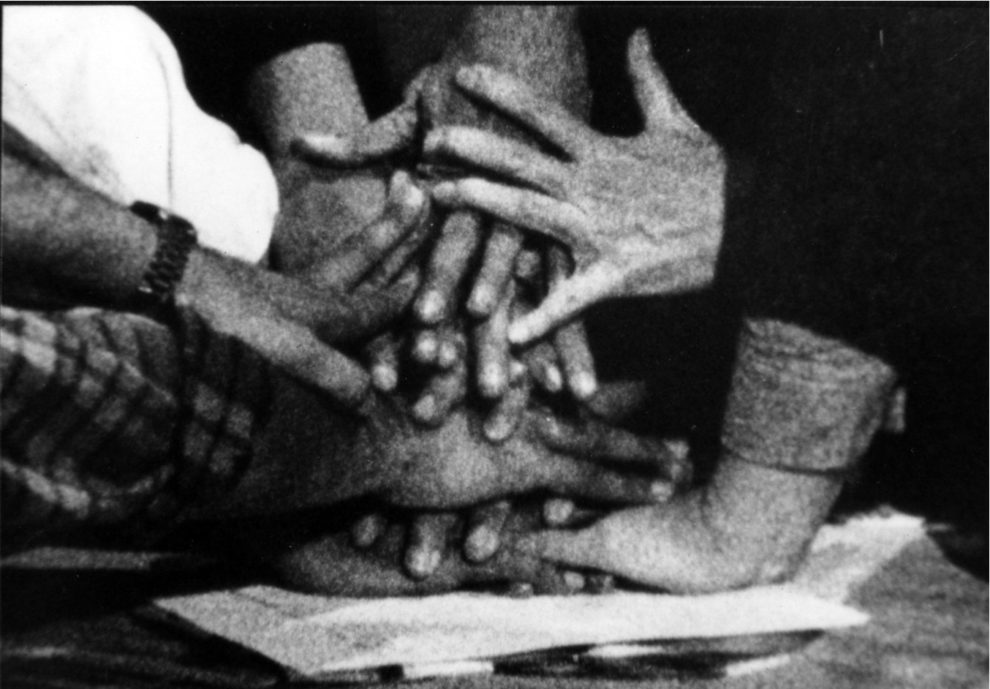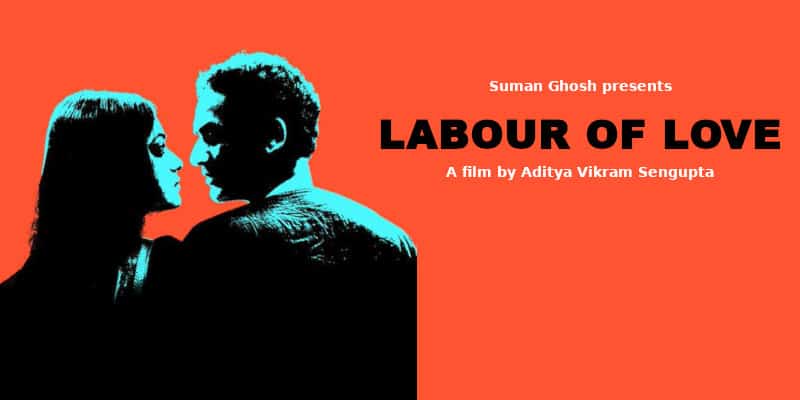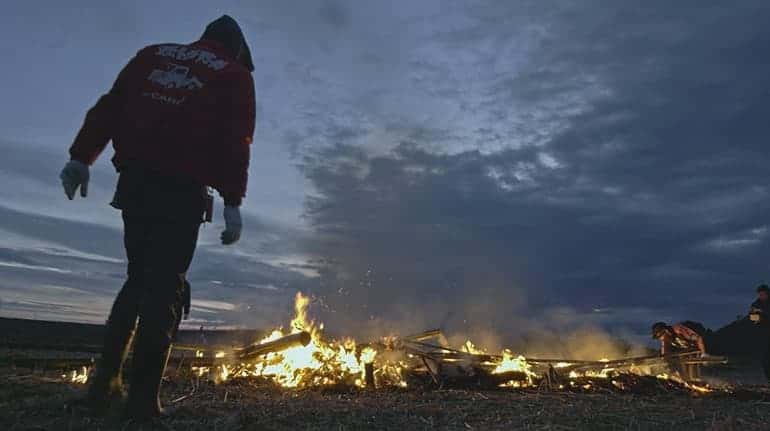Shot by Ogawa Productions, the company of legendary documentary filmmaker Shinsuke Ogawa, “A Movie Capital” is essentially a promotion piece about the first Yamagata International Documentary Film Festival in 1989, which has, however, much value as a record of how festivals were run back in the 80s, in an era that was still rather politically charged.
“A Movie Capital” is screening in Yamagata International Documentary Film Festival

The documentary is dedicated to Joris Ivens, the Dutch documentary filmmaker who actually died on the day the first festival had its premiere, with the first scenes of the movie showing his work along with an interview with his wife and co-director in some of his works, Marceline Loridan-Ivens. The film then focuses on the preparation for the festival, showing the sculptures that were forged for the winners, which actually resembled cobs, a trademark of the area, and the first poster. Particular focus lies with the guests, with Iizuka following them from the moment they arrive in Yamagata, recording the discussions that started in the bus that took them from the airport. The opening ceremony follows next, which was actually televised, with the documentary also including news pieces about YIDFF and the highly positive comments of the newscasters.
The majority of the rest of the duration focuses on various filmmakers, who have official or less formal Q&As with the audience, with them talking about their films, the documentary as a medium, and most of all, politics, with the focus being on communist or socialist filmmakers. The issue with the lack of Asian documentaries is repeatedly mentioned, since this first competition included none, with a number of directors from the continent commenting on the reasons for this issue.

The Asian Symposium in particular, whose panel also included a number of Asian film critics, is where this issue is discussed the most with the Korean director of “May 80-Dreamy Land” giving one of the most interesting talks, mentioning the fact that, despite him being just 28 years old, he is one of the oldest documentary filmmakers in S. Korea, also stating how the lack of local filmmaker-teachers has faulted the industry overall.
Probably the most enjoyable aspect of the movie is the presence of Filipino director Kidlat Tahimik, a true showman, who, in the first scenes he appears in, is working on his film reel while eating spaghetti, making a hilarious parallel between the two. Also of note is the mentioning of the 15-minute clip that showed people breaking the Berlin wall with any tools they had. The ending ceremony and the awards conclude the film.
Truth be told, “A Movie Capital” is a bit too long at 98 minutes, with the various talks of the filmmakers (plus their translation in Japanese) taking the overwhelming majority of its duration, since the promotional aspect of the title seems to focus on showing who and how many foreign directors were invited. At the same time, however, it is interesting to see how people perceived the medium at a time when, due to the Cold War, politics were much more prevalent, also in cinema, than they are today. Furthermore, the issues presented by the lack of today's technology, and the struggles the organizers had to face in order to run the first festival of its kind in Asia, are also quite entailing.
As a documentary or a film in general if you prefer, “A Movie Capital” is not exactly captivating. Its value, however, lies with its function as a record of the first Yamagata Documentary Film Festival, which is what will appeal to academics for the most part.















